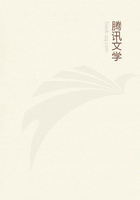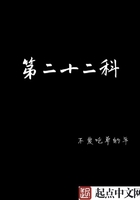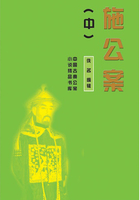The Principle of Solution (continued). Contribution and Co-operation The difference between our solution and that of Menger is as follows.
Menger assumes an economic course of events different from that which actually regulates economic life. To discover what return is obtained from the production goods which we possess, he tries to show what would happen should we cease to possess them.
According to Menger, for example, the value to a farmer of a cart-horse is calculated by the diminution of return which would ensue were the farmer to lose the horse, and be forced to go on without it. That portion of return calculated by Menger to the single production good we may designate "the share dependent upon its co-operation." We, on the other hand, start by assuming an economic course of events such as owners of production goods would expect. We trace the effects that will ensue if all the production goods which we possess are actually employed as we wish and plan. In this way we calculate what we have called the "productive contribution" of each factor.
The sum of all the "productive contributions" is exactly the same as the sum of value of all the products; the sum of all the "shares dependent upon co-operation" is, on the other hand, as we have already shown, greater. In other words, the "productive contribution" is essentially smaller than the "share dependent upon co-operation," We reckon for instance the return which the cart-horse gives to the farm lower than Menger does, as we only estimate it at a portion of the decrease that would ensue were the owner obliged to farm without it. According to Menger, consequently, the farmer who loses his cart-horse loses only the value of the animal, whereas, according to our conception --which calculates differently the same numerical loss -- not only does he lose the value of the animal, but he suffers, beyond this, some disturbance in the value of his remaining productive wealth.
Menger's is undoubtedly the simpler and clearer method. The distinction which we find it necessary to make between the "contribution" and the "co-operation" of a factor, appears contradictory and artificial. As a matter of fact, we introduce into the question no more difficulties than are actually contained in it. "Contribution" and "Co-operation," under whatever names they may be known, are everywhere distinguished, and must be distinguished, from each other in practical economic life. It is a generally-accepted fact that every productive factor furnishes the basis, not only for its own value, but also for that of all the other factors in the production. If any essential element is removed from any undertaking whatever, the whole undertaking must sensibly suffer. If there be a scarcity of raw material, human labour and machinery will lose some of their capacity of service, and vice versa; experience can show thousands of such cases. In innumerable ways experience shows that means of production mutually demand and mutually hamper each other. Increased activity on the part of labour raises the return to productive wealth, and extended exploitation of productive wealth raises the return to labour. What does this prove but that the share of return which furnishes the basis of value for its factor -- the "return" imputed to it which we have called its "contribution" -- does not exhaust the entire share contributed by it to the success of the production? Thus we find that the distinctions mentioned really exist, and are not introduced by us into economic life for the purpose of aiding our solution; we find that, by means of this solution, we explain an otherwise inexplicable economic contradiction, and our theory receives thereby no small degree of support and credibility. Or does it appear no contradiction to say that labour, besides affecting "its own" return, makes the "return to capital" rise or fall, or that capital, besides "its own," also affects the "return to labour"?















